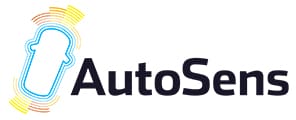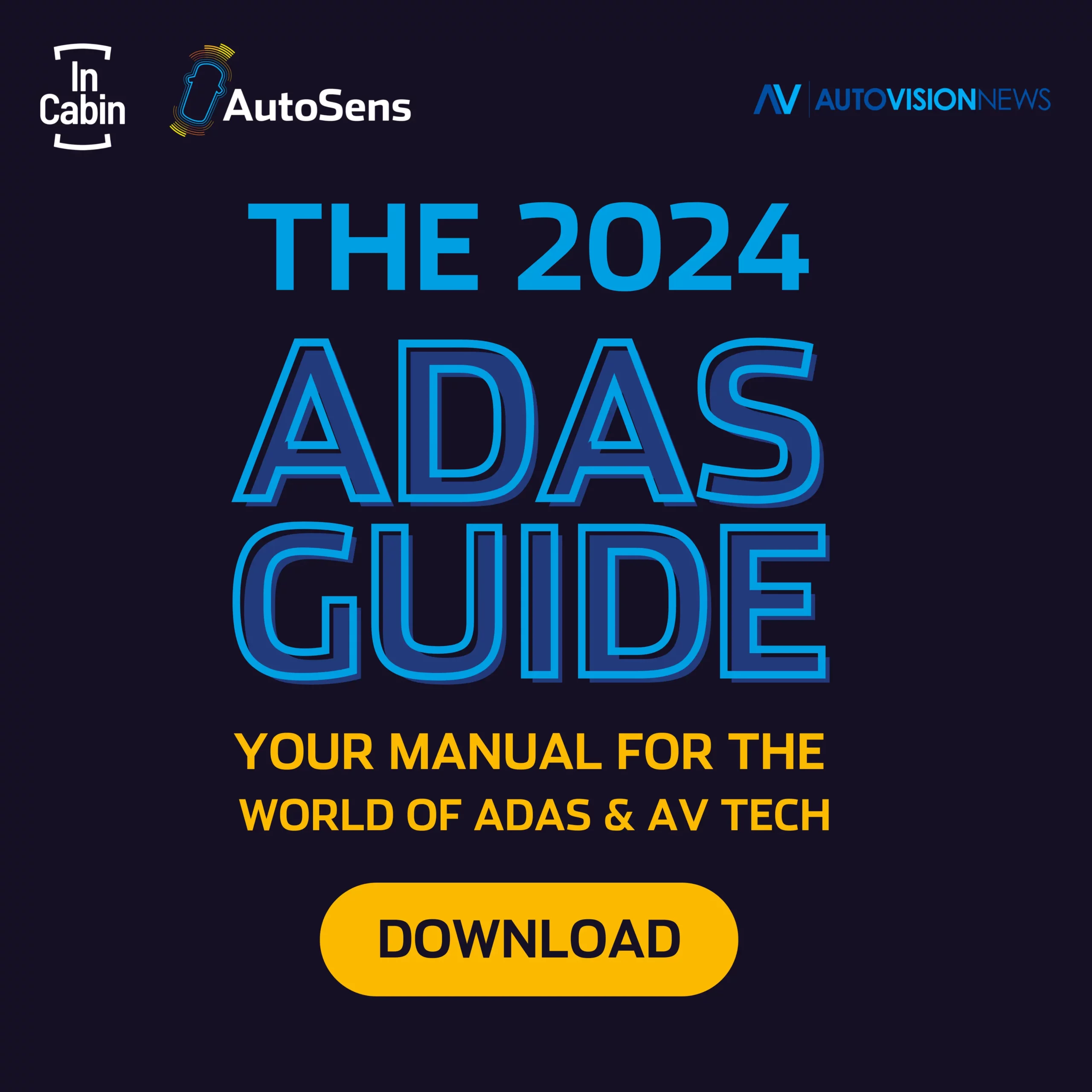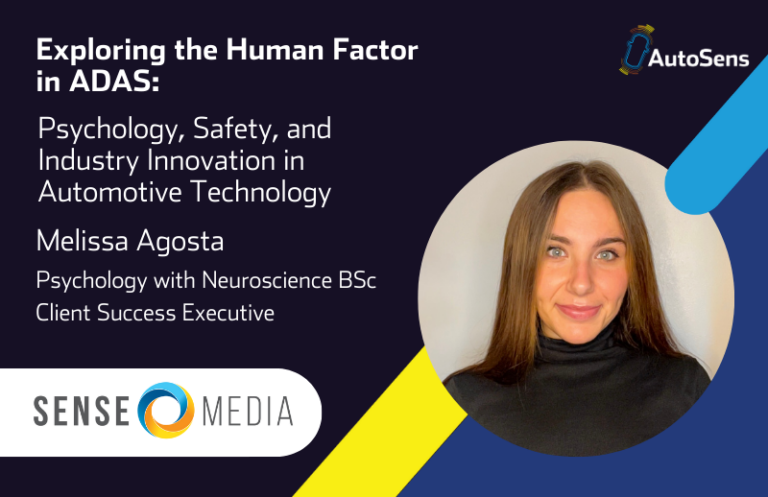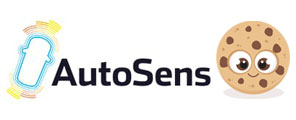May, 14-16 2019 Detroit, Michigan USA
The Michigan Science Center, situated next-door to Wayne State University in Detroit, facilitates a meeting of minds for senior engineers, technical experts, innovative business leaders and academics. Uniting at AutoSens in Detroit, the community will discuss and debate the challenges that lie ahead for ADAS and autonomous vehicles.
Fusing leading academic research, industry R&D and OEM insights, AutoSens in Detroit is a practical learning tool for engineers as well as a first-class networking experience. The conference dives into the US automotive market delivering invaluable updates for an international audience of 450+ technical experts and engineers.
With in-depth workshops, roundtable discussions, vehicle demonstrations, conference sessions and an exhibition of the latest technology showcases; AutoSens provides the perfect environment to foster collaborations through a culture of openness, sharing and discussion.
[su_button url=”https://auto-sens.com/agenda-in-detroit/” target=”blank” style=”flat” background=”#2d8bef” size=”5″ icon=”icon: cloud-download”]View the finalized AutoSens program[/su_button]
Ground-breaking companies on the speaker line-up
AutoSens is known as the leading vehicle perception conference, including sensing related to vehicle occupants, a topic of growing importance. The program at this year’s Detroit conference features three pioneering presentations covering in-cabin monitoring. Attendees will hear from Daimler, Aptiv and Guardian Optical Technologies on what they are doing in the field of intelligent driver sensing and how this contributes to improved vehicle safety.
Another agenda feature includes a dedicated mapping and localization session, an area of the industry being discussed more frequently than ever. Showcasing five of the most innovative mapping companies working to improve HD maps for vehicles. HERE, TomTom, CARMERA, WaveSense and lvl5 are all taking part in a rapid-fire session to give the audience a comprehensive view of the developments in this sector.
The session will be rounded-off with a discussion, led by Phil Magney of VSI Labs, on what could be a hotly debated topic surrounding the role mapping will play as we move towards full autonomy. Researchers expect that self-driving cars could eventually become less dependent on maps, as LiDAR sensors improve enough to allow them to navigate their environment. What will their role be in the future? Will this or should this influence their development now?
If you’re looking for the latest technical insight into vehicle perception challenges, the AutoSens community of engineers can provide the answers.
[su_button url=”https://auto-sens.com/detroit-speakers/” target=”blank” style=”flat” background=”#2d8bef” size=”5″ icon=”icon: cloud-download”]Speaker line-up in Detroit[/su_button]
Program themes that address the issues of today and tomorrow for engineers and research managers working on vehicle perception.
Previous AutoSens agendas have given a lot of focus to LiDAR hardware. This year, in Detroit, the focus on other considerations for LiDAR will be present. A technical workshop, led by 3M, discussing material interactions for LiDAR and other sensors features the day prior to the main conference. Other LiDAR topics covered, include Hamiltonian coding for LiDAR, SPAD arrays, LiDAR modulation and testing, delivered by the University of Wisconsin, ON Semiconductor, Blackmore and TriOptics.
In addition to technical camera, radar and LiDAR sessions, and what audiences have come to expect when visiting AutoSens, the agenda will also spend some time considering Far Infrared (FIR) and thermal sensing with the CEO of Adasky, Yakov Shaharabani and CCO of Seek Thermal, Tim LeBeau. Both sessions will provide insights into the latest developments in FIR sensors and their potential role in the sensor mix.
Highly anticipated plenary sessions will deliver thought-provoking keynotes and discussions, including insights into the “Future Car Impact on our Future Lives” from Siemens, who have interviewed experts working on 3D printed autonomous shuttles, electro-mobility, mobility as a service and flying cars, on the technology impact of distracted driving, intelligent traffic systems and autonomous driving platforms and simulations. Their VP of Strategic Automotive Initiatives, Ed Bernardon, will present a multifaceted perspective on issues faced by the transportation industry as it prepares for the future, to explore what engineering challenges must be overcome for the vision of the future car to become a day-to-day reality, and the subsequent changes to our lives.
[su_button url=”https://auto-sens.com/agenda-in-detroit/” target=”blank” style=”flat” background=”#2d8bef” size=”5″ icon=”icon: cloud-download”]View the finalized AutoSens program[/su_button]
Hot topics in the ADAS and autonomous vehicle sector are being discussed at AutoSens in Detroit this May. They include:
• The effectiveness of existing deployed ADAS explained in numbers
• The need for human machine collaboration and intelligent driver sensing
• Enhancing safety on the road with thermal sensors
• Developing standards for automotive camera systems
• LiDAR systems alignment and testing in mass production of ADAS sensors
• The influence of colour filter patterns in image sensors
• The role of mapping as we move towards full autonomy
• How can road design and markings, as well as maintenance, be optimized for the various sensor modalities?
• What do we need to do to trust AVs on our roads?
• Regulatory landscape for autonomous driving and testing in the US
• Challenges of synthetic scenario generation for ADAS development
• Human behaviour prediction AI for next-generation ADAS and fully autonomous driving
• Deep neural networks for road obstacle detection and classification
[su_button url=”https://auto-sens.com/agenda-in-detroit/” target=”blank” style=”flat” background=”#2d8bef” size=”5″ icon=”icon: cloud-download”]View the finalized AutoSens program[/su_button]
[sc name=”Book Tickets”]






